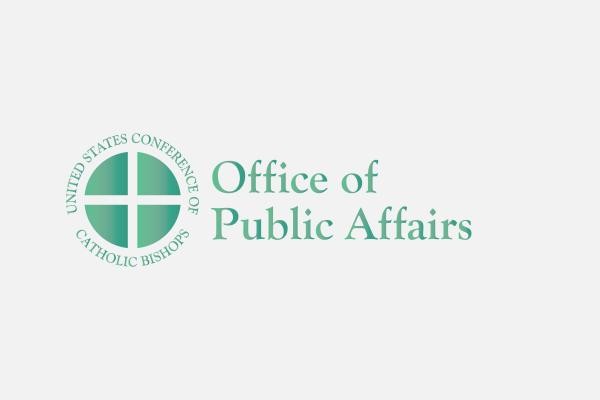USCCB General Counsel Urges NIH not to Fund Unethical Human/Animal Chimera Research
WASHINGTON—The U.S. Conference of Catholic Bishops (USCCB) submitted comments September 2 to the National Institutes of Health (NIH) Office of Science Policy on the proposed authorization of federally-funded human/animal chimera research.
WASHINGTON—The U.S. Conference of Catholic Bishops (USCCB) submitted comments September 2 to the National Institutes of Health (NIH) Office of Science Policy on the proposed authorization of federally-funded human/animal chimera research. Comments objecting to that proposal were submitted by Anthony Picarello, USCCB associate general secretary and general counsel, and Michael Moses, associate general counsel.
The comments outlined the USCCB's objections to the newly-proposed research guidelines: "the bottom line is that the Federal government will begin expending taxpayer dollars on the creation and manipulation of new beings whose very existence blurs the line between humanity and animals such as mice and rats. In doing so, the government is ignoring the fact that federally funded research of this kind is prohibited by Federal statute and is also grossly unethical."
Human/animal chimera research results in "beings who do not fully belong to either the human race or the host animal species."
"Herein lies the key moral problem involved in this proposal, beyond the already grave problem of exploiting human embryos as cell factories for research," they wrote. "For if one cannot tell to what extent, if any, the resulting organism may have human status or characteristics, it will be impossible to determine what one's moral obligations may be regarding that organism."
The comments noted that Catholic morality allows for "the respectful use of animals in research that can benefit humanity. But because of the unique dignity of the human person, there are limits to what can morally be done…."
They listed the ways in which chimera research violates ethical principles: "It relies on the destruction of human embryos; it contemplates producing entities with partly or wholly human brains (without any additional level of scrutiny in the case of rodents); and it allows for producing living entities who have human gametes (though researchers will be told to take precautions so these entities do not engage in 'breeding')."
"[T]he dignity and inviolability of human life at every stage of development is a foundational principle of any truly civilized society," they wrote. "The core ethical norms protecting human research subjects, affirmed in the Nuremberg Code and many subsequent documents, reflect this principle. The right not to be subjected to harmful experimentation without one's express and informed consent is an innate human right…."
The full text of the comment letter is available at: www.usccb.org/about/general-counsel/rulemaking/upload/Comments-on-Human-Animal-Chimera-Research-Sept-16.pdf.
---
Keywords: USCCB, U.S. bishops, pro-life, National Institutes of Health (NIH), Office of Science Policy, human/animal chimeras, embryonic stem cell research, embryo-destructive research, human dignity, science, human experimentation, Nuremberg Code
# # #
Norma Montenegro Flynn
O: 202-541-3202

